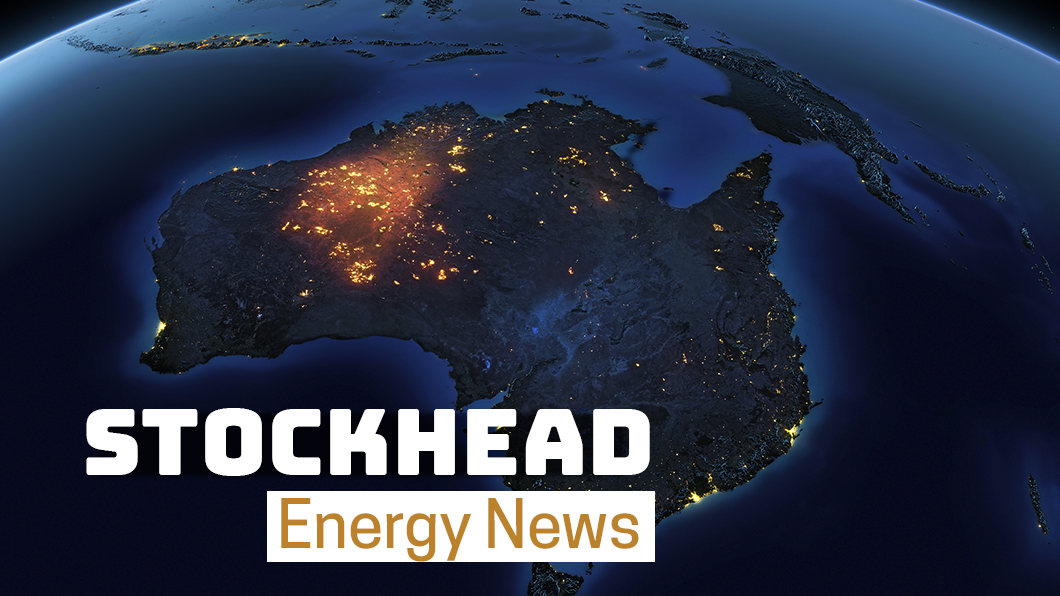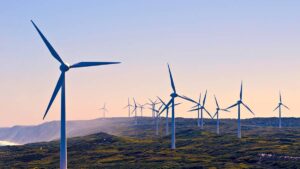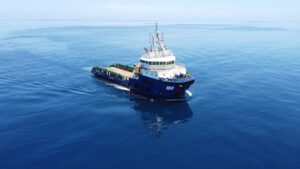Green Energy: Energy regulator goes toe to toe with Musk’s megabattery in court stoush

Pic: Matthias Kulka / The Image Bank via Getty Images
Remember the Twitter bet between Elon Musk and Mike Cannon-Brookes that resulted in South Australia getting the world biggest battery?
The Hornsdale Power Reserve, famous for Musk’s TV shopping “100MW in 100 days or its free” pledge, has now been operating for around four years.
Operated by Neoen, it has since been surpassed for the title of world’s biggest despite an expansion to 150MW, but remains a culturally significant landmark for the renewable energy industry.
Neoen reckons it’s done the job in terms of backing up the national electricity grid, and particularly the renewables rich SA portion of it, over the past few years.
The Australian Energy Regulator has been keen in recent times to dig up some skeletons when it comes to renewable energy operators though.
Yesterday AER chair Clare Savage announced it would take Neoen to the Federal Court over allegations it did not provide the frequency control services it was paid to between July and November in 2019.
The AER said the AEMO first brought the matter to its attention in October 2019 when the Kogan Creek coal station in Queensland went out.
Savage said the AER was “sounding the alarm on concerning behaviour” in the frequency control market, declaring making generators comply with Frequency Control Ancillary Services rules a top compliance and enforcement priority.
“It is vital that generators do what they say they can do if we’re going to keep the lights on through the market’s transition to variable renewable generation,” she said.
“AEMO relies on accurate information and compliance with offers and dispatch instructions to ensure it can effectively stabilise frequency deviations.
“Contingency FCAS providers receive payment from AEMO to be on standby to provide the services they offer.
“We expect providers to be in a position, and remain in a position, to respond when called upon by AEMO.
“Failure to comply with the latest market ancillary service offer and AEMO dispatch instructions is in breach of the National Electricity Rules and may result in AER enforcement action.”
Neoen ‘disappointed’ with AER decision
Neoen Australia managing director Louis de Sambucy said Hornsdale had repeatedly delivered on high expectations since opening for business in 2017, in terms of “its performance and market impact, positively impacting ancillary service prices and proving itself to be a critical component of the South Australian electricity network.”
“Whilst we are disappointed by the AER decision, we will continue to maintain our collaborative relationship with them.”
The AER had wins recently, with three of four wind generators the AER took action against agreeing to cop fines related to improper settings during SA’s 2016 blackout.
However, they also received undertakings that they were not responsible for the outages, which in 2016 sparked a politically charged war of words between the Feds and SA Government, and between right-wing media and renewables advocates.
An independent report from Aurecon on the year in question said Hornsdale worked to expectations to maintain frequency control on three occasions when the SA network was cut off from the Heywood interconnector into Victoria between August 2018 and January 2020.
Related Topics
UNLOCK INSIGHTS
Discover the untold stories of emerging ASX stocks.
Daily news and expert analysis, it's free to subscribe.
By proceeding, you confirm you understand that we handle personal information in accordance with our Privacy Policy.








